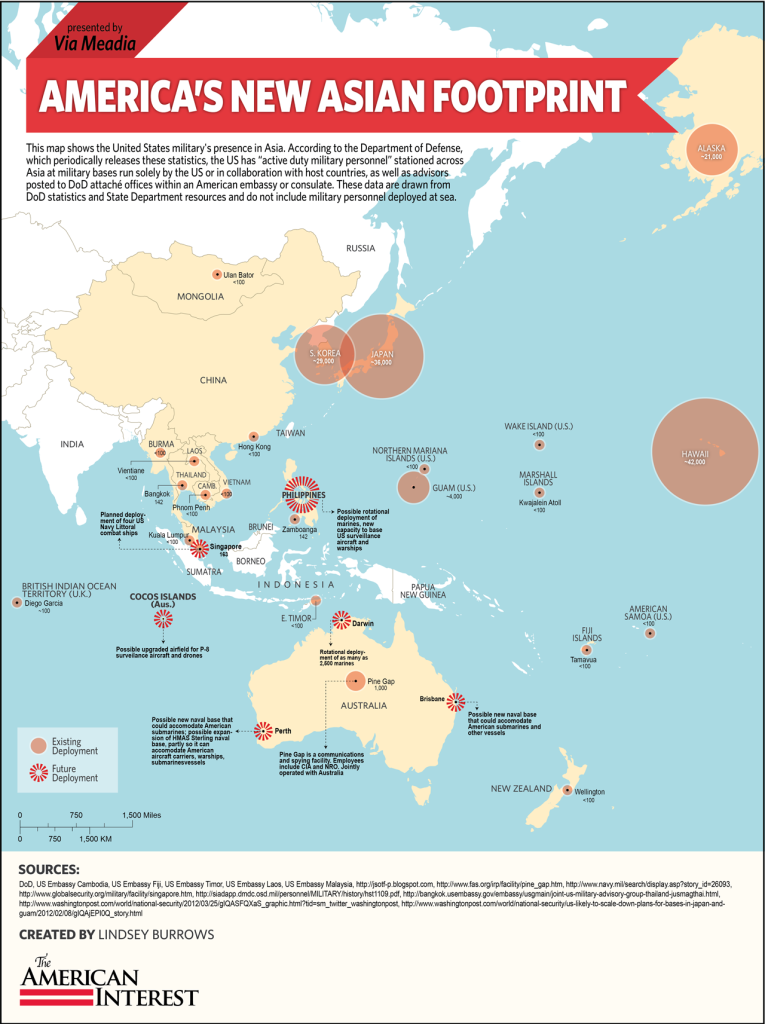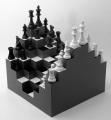The Great Fall of China
Qi hu nan xia, goes a Chinese proverb: When one rides a tiger, it is difficult to dismount. For the leaders of China’s 1.3 billion people, the import is clear. Stay on the tiger’s back, issue commands, and hope like hell the beast doesn’t turn on you. Over the last quarter-century that approach has served the mandarins of the Communist Party well. China became an economic marvel and staked a claim as the world’s next superpower. Civil liberties, social development, environmental husbandry, and political transparency were subordinate to the imperatives of growth. Increasing complaints about the avarice and gangsterism of government officials could be dismissed as local problems as long as an enlightened elite was thought to be guiding the state with a steady hand. Even when under pressure to reform, China’s leaders could reassure themselves that their grip on power remained secure.
Not anymore. The Communist Party faces the most serious threat to its authority since the Tiananmen Square uprising of 1989. The case of Bo Xilai alarms China’s leadership precisely because it weakens the impression of strength and competence they have labored so hard to maintain. A tough-on-crime princeling about to be welcomed into the ruling elite is suddenly accused of being corrupt; his wife is implicated in the murder of a British business associate; the family’s fortune, totaling over a hundred million dollars, exposes the wealth high-ranking bureaucrats have amassed at the public’s expense.
These episodes have revealed to the world—and to a sizable portion of the Chinese people—a culture of greed, violence, and deceit at the highest levels of government. The Communists’ power is not in imminent danger, but their legitimacy is.

All of which is to say that it’s a mistake to stop doing business with China. Just as it’s a mistake to think this is business as usual.

......................
Investors are starting to act on their words. In March, foreign direct investment into China fell about 6 percent from a year earlier, the fifth straight month of decline. That was the longest streak of monthly declines since 2009, when the financial crisis caused multinationals to slow overseas investment. China doesn’t depend on money from abroad, but it does require the technology and know-how that foreign multinationals bring.
China and its investors need each other. Ford Motor (F) Chief Executive Officer Alan Mulally has built Chongqing into Ford’s biggest manufacturing center outside of southeastern Michigan. Ford’s latest foray was announced after Bo Xilai was ousted as Chongqing’s Party secretary. In a visit to Bloomberg Businessweek on May 1, Mulally said, “I really enjoyed working with him.” But he made clear that Ford did not rely only on Bo. “We maintain productive relationships with the present leaders and future leaders,” he said. “China is very supportive of the auto industry and of our partnerships.”
Bo, son of a Mao-era revolutionary hero, had cast himself as a neo-Maoist in opposition to officials pressing a capitalist agenda. In Chongqing—a heartland city of 30 million styling itself as the Chicago of China—he favored a strong government hand and redistribution to the poor. Seen in that light, his downfall should be good for foreign investors.
But Bo was also that rare character in China who was willing to challenge the status quo by trying new things, a valuable quality in a country suffering from leadership sclerosis. In Chongqing, Bo was reforming the hukou, or household registration system, which controls rural-to-urban migration. He was also experimenting with a property tax, a rarity in China, as a way to raise more revenue from the rich and suppress real estate speculation. His fall could stall those initiatives.
On a more elemental level, Bo’s fall may have sent a message to other would-be disrupters: Lie low. “The biggest victim of what is happening now is any notion of systematic reform,” says Northwestern University political scientist Victor Shih. “This has sent a very strong signal to all in government that any attempt to carry out systematic changes that harm the interests of other interest groups and factions will result in serious political trouble for the instigator of those changes.”
The optimists’ case is that the scandal could catalyze change. “The reformers have the upper hand now,” says Alaistair Chan, an economist who covers China with Moody’s Analytics (MCO) in Sydney. “The reformers hope this whole Bo incident shows the downside of having the government too much in the economy.”
With the downfall of Bo, Wang Yang, now Party secretary of Guangdong, is seen as having a better chance to win one of the top spots in Beijing. His record in China’s southern export powerhouse is encouraging to many. Wang has opted to rely mainly on private businesses, encouraging their growth with tax breaks and by squeezing out lower-margin industries with tighter labor and environmental regulations—what Wang has dubbed “emptying the cage and changing the bird.”
This isn’t the first time China’s leaders have seemed vulnerable. The government survived the turmoil of the Tiananmen crackdown in 1989, and then made it through the big restructurings of state enterprises in the 1990s without serious problems. “Remember, this is a society that between 1994 and 2001 laid off 60 million workers,” says David Zweig, a professor in the social science division of Hong Kong University of Science and Technology. “They laid off the population of France. And they managed it.” Huge numbers of Chinese are happy members of the ownership society, with cars and title to their homes.
Still, China’s leaders are making a mistake if they conclude that purges, repression, and state capitalism will work again. When the People’s Liberation Army retook control of Beijing’s Tiananmen Square in June 1989, the protester who blocked a column of tanks was captured by a single Associated Press photographer named Jeff Widener. He had to smuggle the film out of a Beijing hotel in his underwear. China is far less isolated today. Despite Hu’s attempts at “harmonization,” repression cannot hide.
Democracy and openness are values Western governments and business leaders need to press for, however tactfully. Lacking democratic legitimacy, China’s leaders retain support only by delivering a steadily rising standard of living. Jason Mann, head of China healthcare equity research at Barclays (BCS) in Hong Kong, updates the tiger-riding proverb to surfboard-riding. “As long as you stay in front of the wave,” he says, “it’s fine.” The flip side is that you are in constant danger of being swallowed up. That’s no way to live, or to run a country.
Read the article at:
http://www.businessweek.com/articles...-fall-of-china







 ......................
......................







Bookmarks